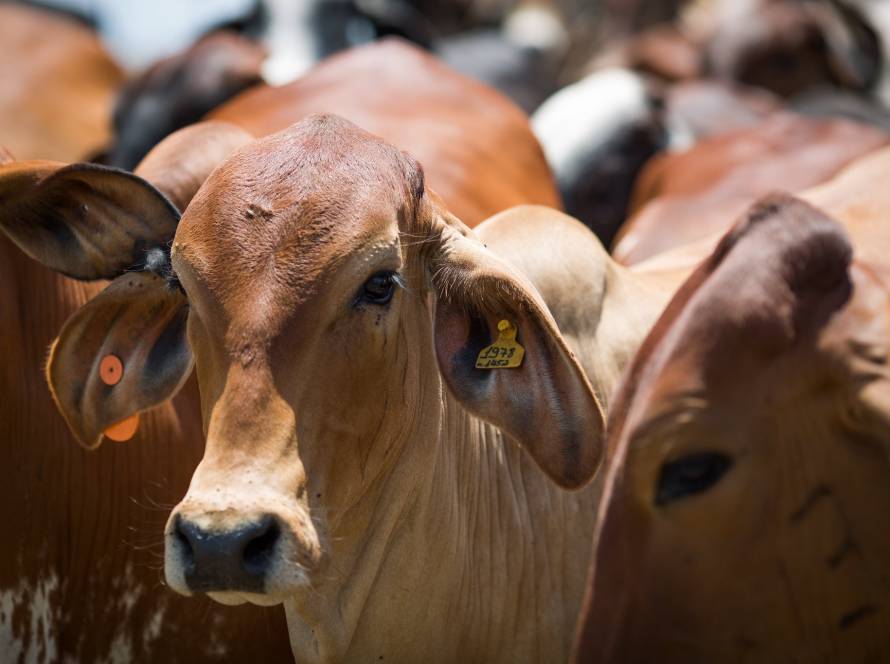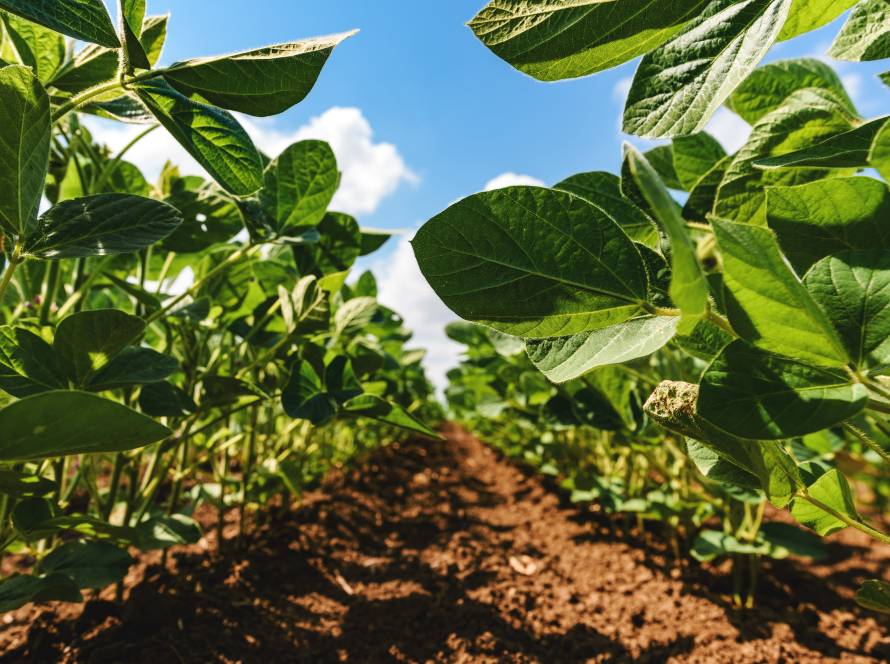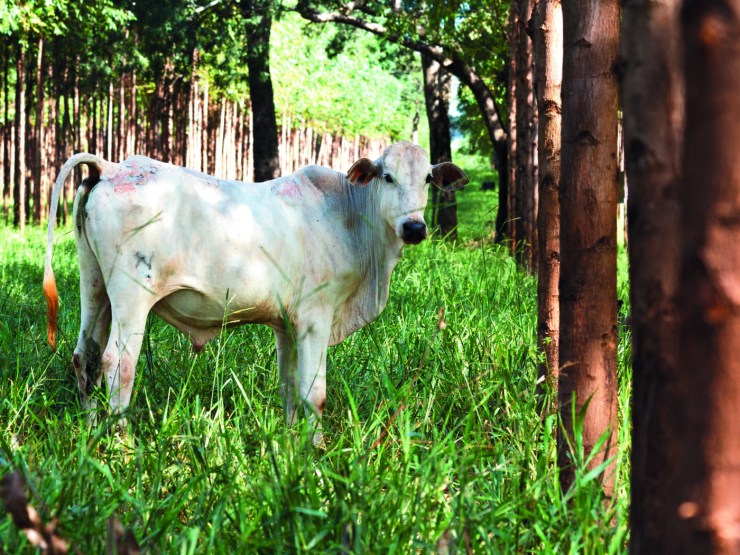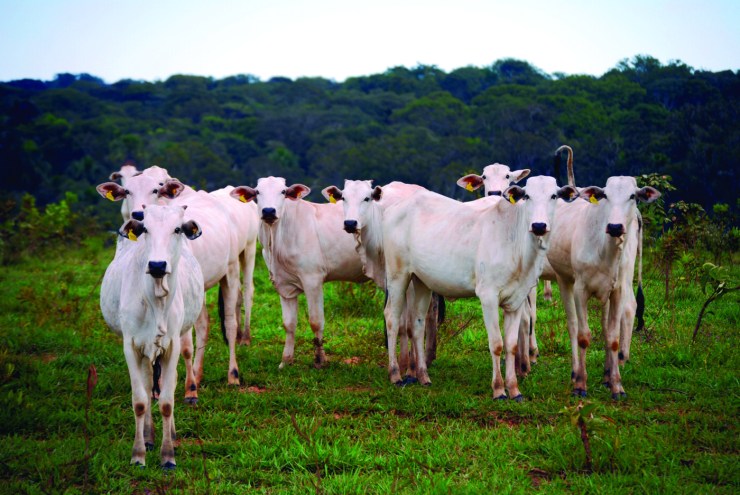The Goiás Agricultural Defense Agency (Agrodefesa) has completed the third cycle of its Active Surveillance Plan for Avian Influenza (AI) and Newcastle Disease (NDD) in Goiás. The initiative, implemented between July 2024 and June 2025, aims to ensure bird health throughout the state and protect Goiás' poultry industry from diseases that impact animal health, public health, and international trade.
In total, 142 industrial establishments were inspected throughout the state—84 beef farms, 24 egg-laying farms, and 34 breeding farms—in addition to 62 collections made from subsistence farms, totaling approximately 6,000 samples analyzed. During the three completed cycles, farms were inspected in 49 municipalities in Goiás, with 17,753 samples analyzed.
The work involved 60 field and laboratory professionals, and no cases of avian influenza or Newcastle disease were detected in the state during active surveillance. The only confirmed case of avian influenza, which occurred in June of this year in poultry in the municipality of Santo Antônio da Barra, was based on a suspected case.
"This result reinforces the efficiency of our health defense system and demonstrates Goiás' commitment to safe food production and agribusiness sustainability. Active surveillance is the most effective way to protect the production sector," says Agrodefesa president José Ricardo Caixeta Ramos.
Since 2022, the surveillance plan cycles have been conducted annually. The properties inspected are selected based on technical criteria defined by the Ministry of Agriculture and Livestock (MAPA), such as the presence of migratory birds of epidemiological importance, poultry population density, and type of farming. These include poultry farms, breeding farms, laying farms, and backyard farms.
The plan's main objectives are: early detection of cases in domestic and wild birds and verification of disease-free status, as per international requirements. "This technical surveillance structure allows us to confirm that Goiás is disease-free, as no viral circulation was identified in the poultry farms visited. This ensures the maintenance of trade and the safety of poultry production in Goiás and nationwide," emphasizes Rafael Vieira, Director of Agricultural Defense at Agrodefesa.
For Agrodefesa's Animal Health Manager, Denise Toledo, the success of these cycles depends on the integration between field and laboratory. "With each cycle, we evolve our strategies and ensure greater health security for the entire sector. Being free of these diseases reinforces our credibility as a producing state," she states.
Sanitary evacuation in Santo Antônio da Barra is successfully completed
Agrodefesa also ends this Tuesday (15/07) the period of sanitary vacuum on rural properties in the municipality of Santo Antônio da Barra, where the only focus of bird flu in domestic birds in the State was confirmed on June 13.
After the animals were eliminated and the area was disinfected, the property remained under continuous monitoring for 28 days, as stipulated in the Agency's contingency plan. During this time, no birds were introduced to the property, and no new cases of the disease were recorded in the region, which now allows poultry farming to resume on the property, should the owners wish to do so.
"It was an important phase and conducted with great responsibility. We advise producers, if they return to raising poultry, to provide feed exclusively within the shed, to avoid contact with wild and migratory birds and maintain good biosecurity practices," explains Giovani Miranda, coordinator of Agrodefesa's Rio Verdão Regional Unit.
The incident was quickly identified and contained by Agrodefesa's technical team, with no impact on the state's poultry supply chain. The conclusion of the sanitary vacuum represents the final stage of the response protocol.




